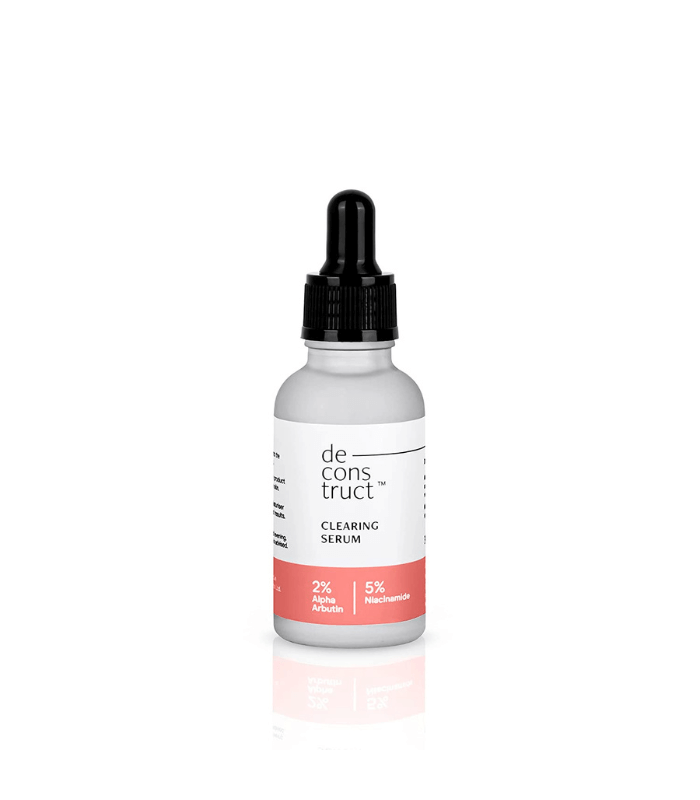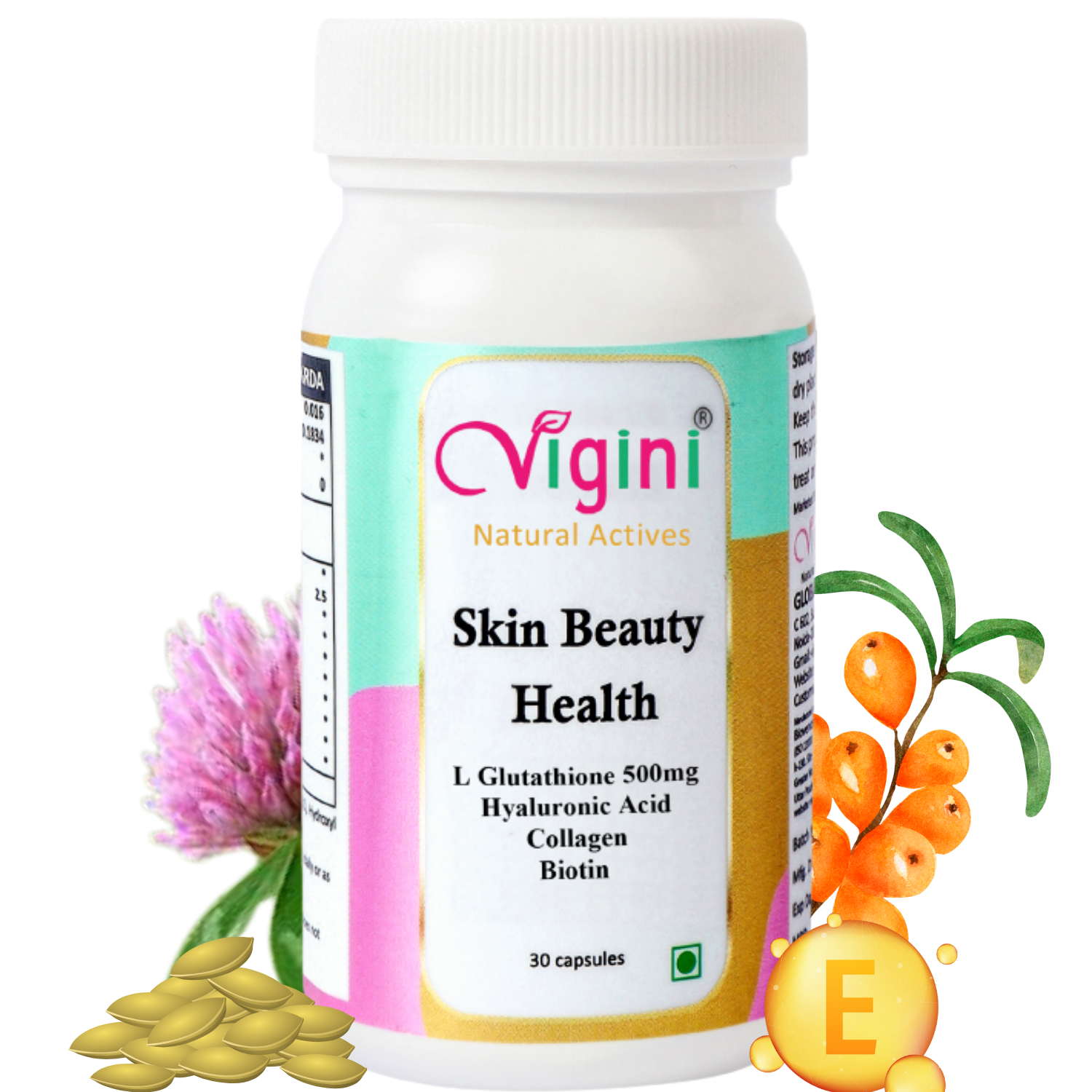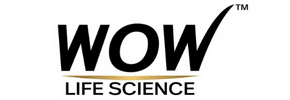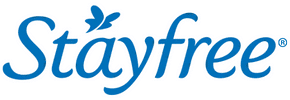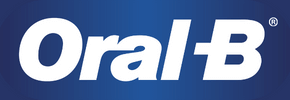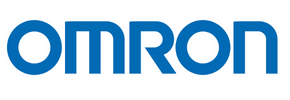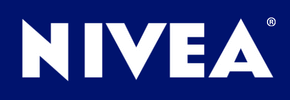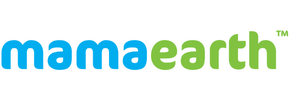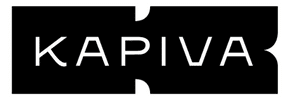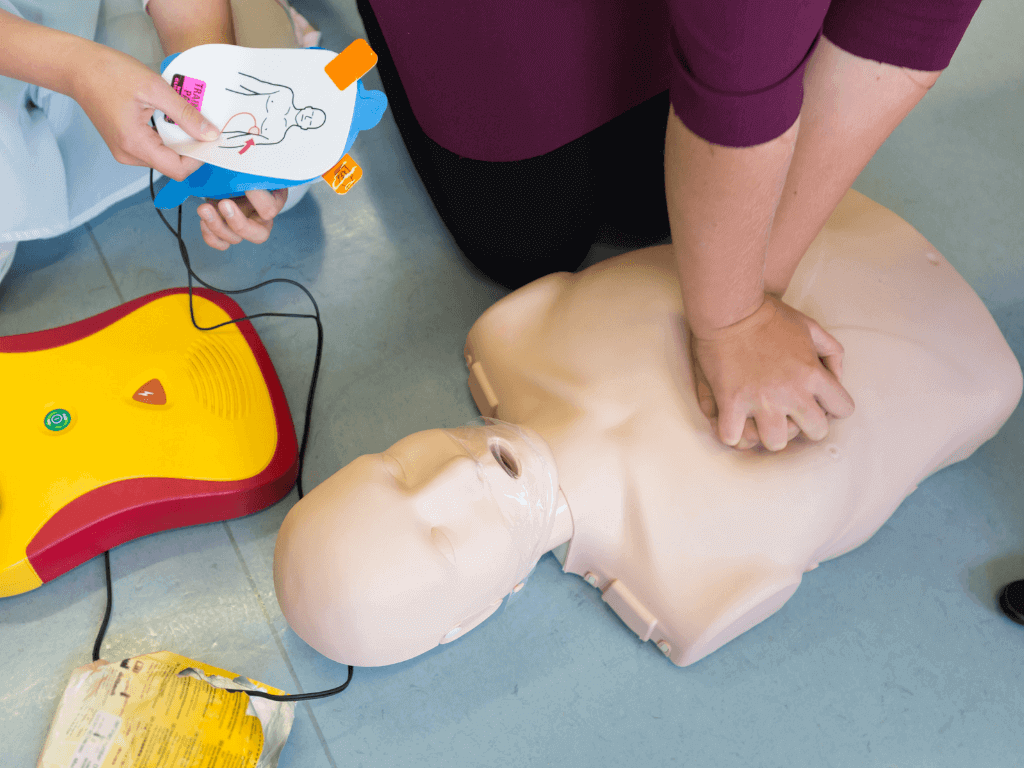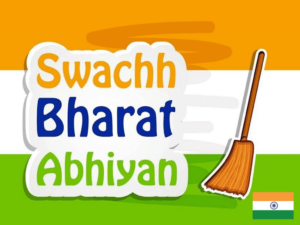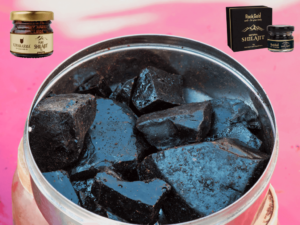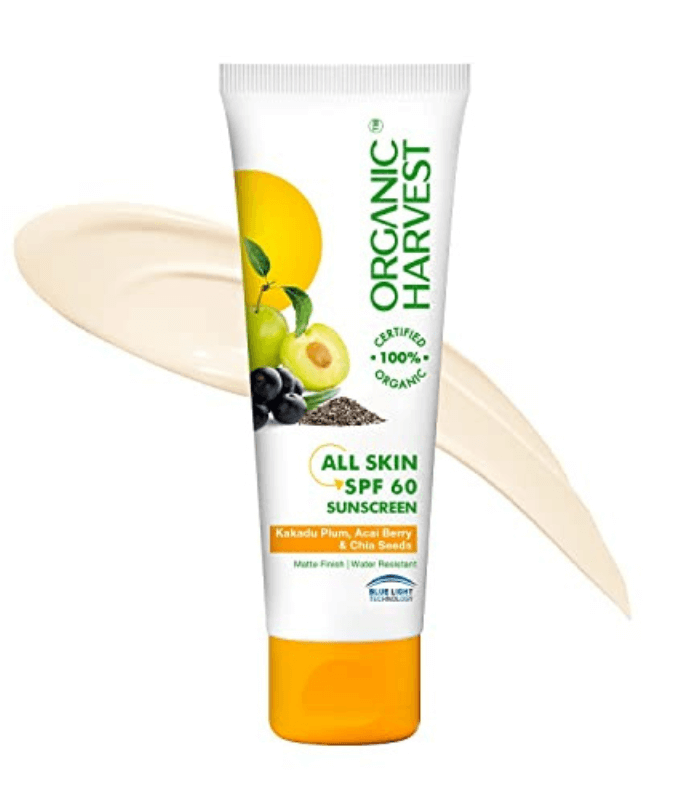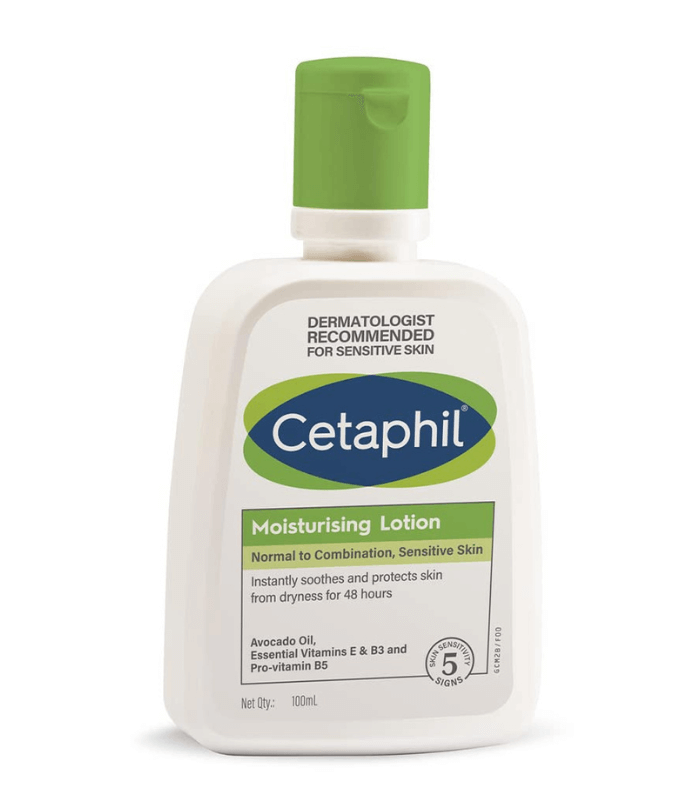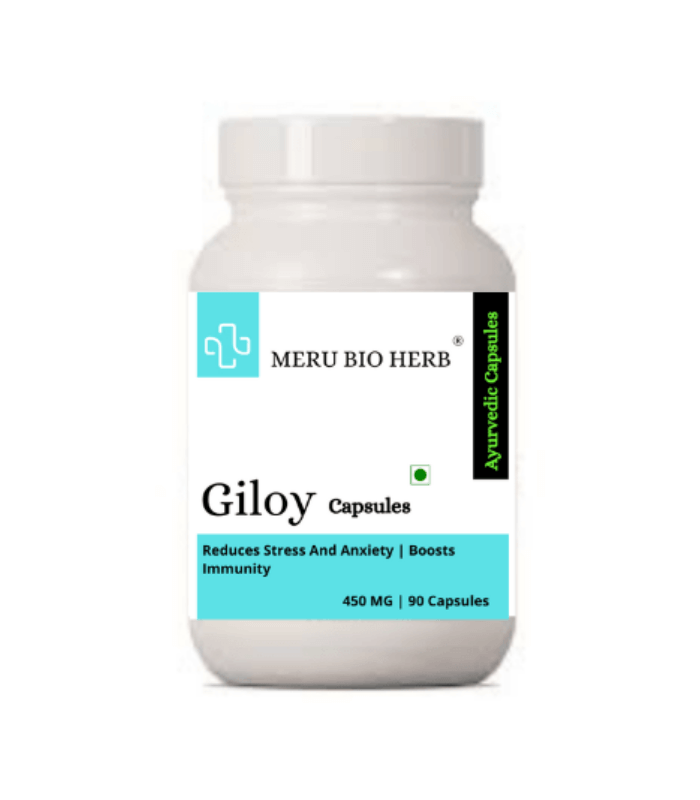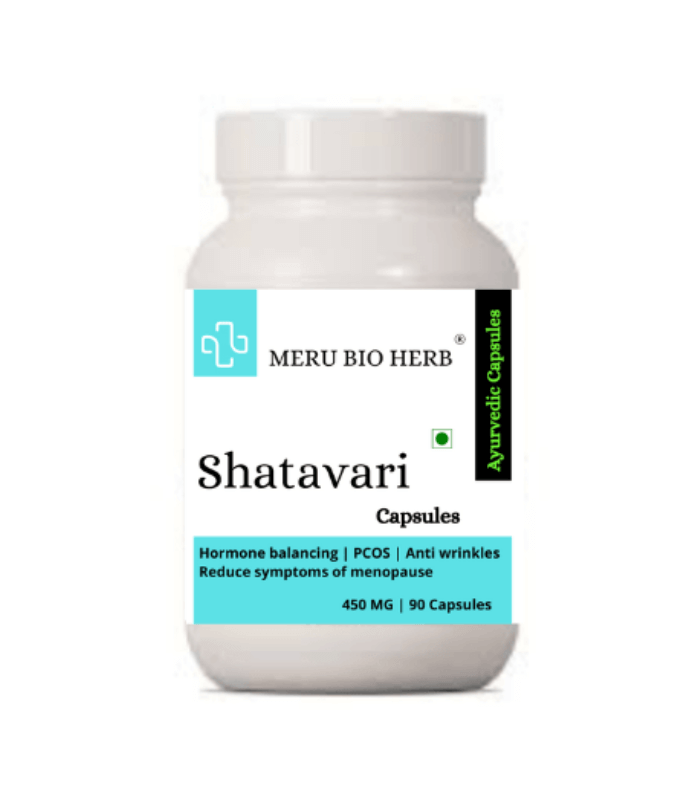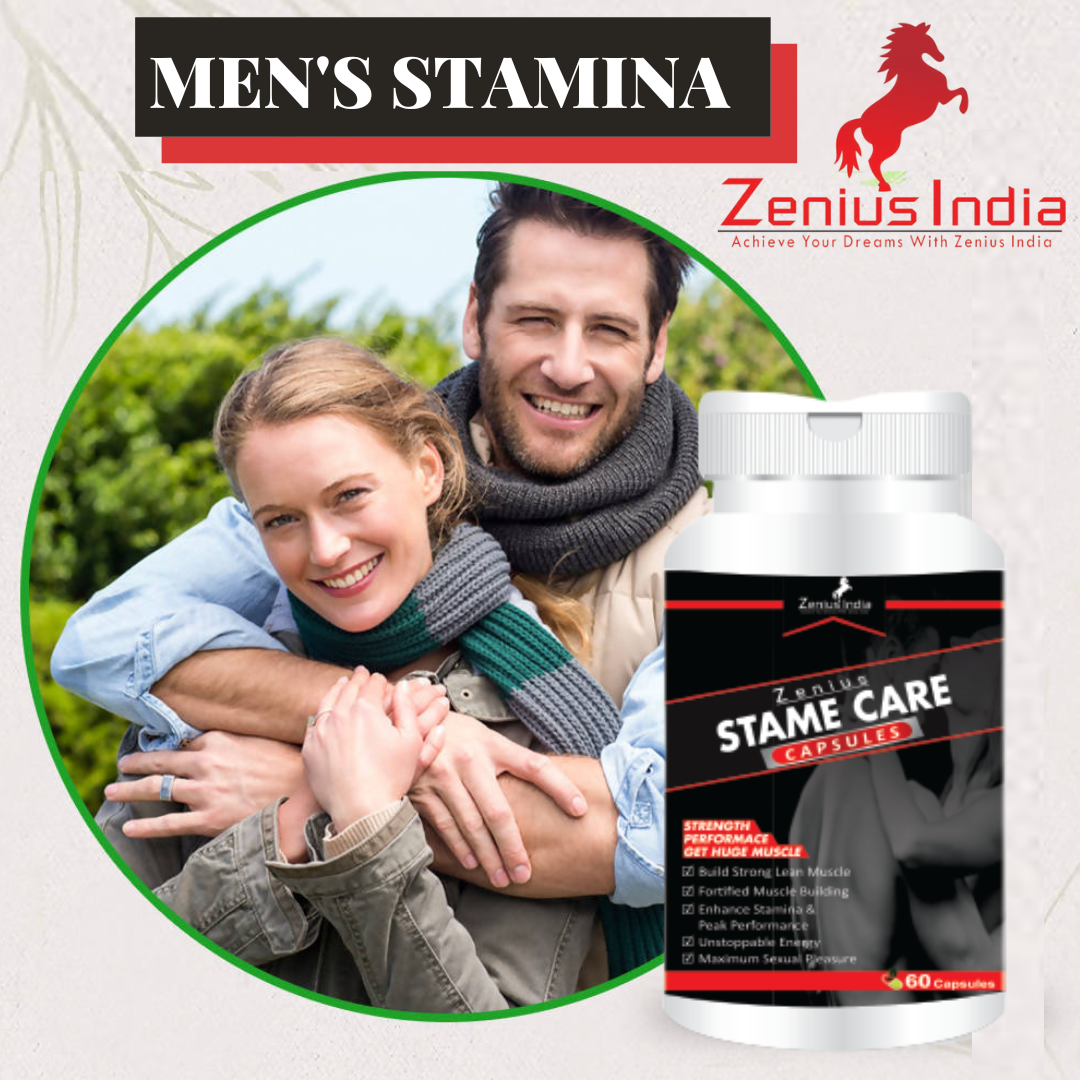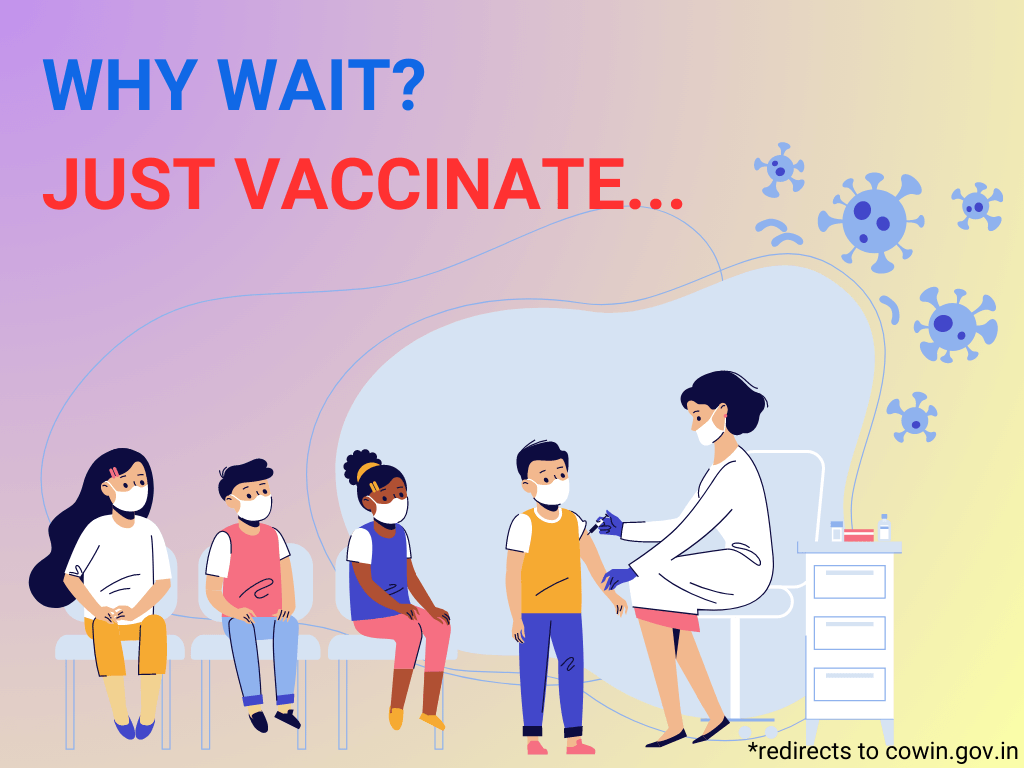Ever since the first Coronavirus case came to India there has been a race to find a cure for this dangerous, deadly virus. But, after many failed attempts and no cure in sight, there began a race to find a vaccine that would prevent people from being infected in the first place! Research began all over the world and of course, India was not to be left behind. With 9.22 million cases of the virus second only to the United States of America, India is in dire need of a vaccine. There are many companies at the forefront in the search for the vaccine and we’re going to look at all that’s been done in the process of finding this vaccine.
What is a vaccine?
But before we understand all that’s been happening in terms of vaccine development let’s first understand what a vaccine exactly is. A vaccine provides the immune system with harmless antigen copies which your body’s immune system recognizes as foreign, so it rushes to defend you against it. A vaccine should meet the highest standards of safety and sterilization as it was given to healthy people as opposed to drugs that are given to patients suffering from a particular ailment. So, the process of developing a vaccine to actually bringing it to the commercial market involves many stages. Testing the vaccine’s safety and efficacy is a four-stage process and it involves:
- Pre-clinical testing on animals
- Phase I clinical testing on a small group of people to determine the immune response the vaccine provokes
- Phase II trials for collecting expansive data on the safety of the vaccine
- Phase III testing is done on thousands of people to confirm its efficacy
So, now that we have understood what a vaccine is and how it works, let’s get into all the work that’s been done for the Covid-19 vaccine. Since the early days of the spread of the virus, there has been research going on for the vaccine. 7 companies had scientists working to bring a vaccine into the market. The companies included Bharat Biotech with their vaccine candidate Covaxin who started the human clinical trials in July of this year; Serum Institute India who has collaborated with AstraZeneca to bring the Oxford University vaccine to the people and the human clinical trials of this vaccine candidate in August of 2020; Zydus Cadila has their candidate ZyCov-D in the race; Panacea Biotech has partnered with US-based company Refana Inc. is searching for the vaccine; Indian Immunologicals which is a subsidiary of National Dairy Development Board (NDDB) has an agreement with the Australian Griffith University for the vaccine and Mynvax and Biological E. In addition to these domestic companies, there were many international companies who also threw their hats into the race. Companies such as Pfizer, BioNTech, and Moderna were also involved in researching the vaccine. Now, all of these companies have teams of expert researchers, scientists, and virologists’ working day and night to bring a vaccine to the market and they’re all in different stages of the development process.
There were many pauses in the development process due to many reasons. For example, the vaccine trials for AstraZeneca in collaboration with the University of Oxford in the UK was halted twice, once in July after a patient developed multiple sclerosis which was later found to be unrelated to the vaccine, and once in September after a volunteer participant developed a neurological illness called transverse myelitis. Trials were soon resumed in the UK, Brazil, South Africa, and Japan while the US portion of the trial was in limbo for weeks due to unexplained reasons. Another company whose trial was paused was Johnson & Johnson which was being tested in 60,000 participants where the cause was unidentified.
Interestingly enough, both these companies’ vaccine candidates use the same technology; a harmless chimpanzee adenovirus that causes common colds. This type of vaccine has yet to lead to an approved vaccine but has been tested in experimental vaccines against other vaccines like Ebola, etc.
We’ve seen that clinical trials were conducted on volunteers in international countries but being one of the largest vaccine manufacturers in the world manufacturing 60% of the world’s vaccines, the Indian Council of Medical Research (ICMR) felt it was India’s moral imperative to participate and contribute to the search of the vaccine and thus, began the clinical trials in India. The Drug Controller General of India (DCGI) approved two vaccines for human clinical trials with approximately 1,000 volunteers participating in the exercise. The two indigenously developed vaccine candidates were one by Bharat Biotech Limited in collaboration with the ICMR and another one by Zydus Cadila Healthcare which went in for the first and second phase of human clinical trials following the successful toxicity studies in rats, mice, and rabbits the data of which was submitted to the DCGI for clearance.
Fast forward to now, the high effectiveness of 94 % of the vaccine candidate by the companies Pfizer and BioNTech with the scientist duo Ugur Sahin and Ozlem Tureci at the head of the team came as a pleasant surprise to people all over the world in desperate need of a vaccine. The next wave of good news came in close at the heels of this one: the vaccine candidate of the company Moderna reported the effectiveness of 94.5% making it one of the most favoured COVID-19 vaccines in contention right now. While both the vaccines make use of a novel mRNA technology, the Moderna vaccine unlike the vaccine by the company Pfizer does not require extremely cool storage temperatures of -70 degrees Celsius but those of -2 to 4 degrees Celsius. While both of these candidates have shown promising results, many challenges lie in the way of distributing these vaccines in India – the biggest one being the highly specific storage temperatures required for these vaccines which are tough to achieve in a tropical country like ours.
At the moment the companies that are in talks of distributing the vaccine to India include Pfizer, Oxford-AstraZeneca, Zydus Cadila, Novavax, and Sputnik V with the Oxford vaccine having the best odds. Amongst these is also Russia’s vaccine candidate Sputnik V which is a trading name for Gam-COVID-Vac which was developed by the Gamaleya Research Institute of Epidemiology and Microbiology and registered on 11 August 2020 by the Russian Ministry of Health making it the first registered vaccine against Covid-19.
Now, it seems easy, right?
Develop a vaccine, manufacture many copies of the vaccine, and sell the vaccine. But, like all things in life, there’s more to it than meets the eye. Many challenges lie ahead in the path to distributing a vaccine. From rigid, highly specific working temperatures, difficulties in the scaling-up manufacturing process to supply vaccines to a country of over 1.3 billion, cost of the vaccines to the politicization of vaccine distribution represent the challenges faced on multiple fronts by a project like this. Here’s all you need to know about the potential candidates of vaccine for India:
| Company | No. of vaccine shots required | Cost of vaccine | Target/ Priority audience | Indian Collaborations |
| Moderna | 2 injections 4 weeks apart | $37 a dose i.e. Rs. 2,731.32 per dose | US market: 20 million doses for $2.48 billion by US Department of Health and Human Services | None; though company has made statements will not enforce any patents. |
| Pfizer and BioNTech | 2 injections 21 days apart | $ 20 per dose i.e. Rs. 1476.29 per dose | UK older care home residents and care home staff are top of the preliminary priority list. They are followed by health workers such as hospital staff and the over 80-year olds. People are then ranked by age, with people under 50 at the bottom of the list. | None; unlikely candidate for India due to low storage vaccine and low shelf life |
| Oxford | 2 shots | $3 to $4 per dose i.e. Rs. 221.44 per dose | In India, Oxford Covid-19 vaccine should be available for healthcare workers and elderly people by around February 2021 and by April for the general public | Serum Institute of India; India has agreed to buy 500 million doses |
| Johnson & Johnson | One shot | $10 per dose i.e. Rs. 738.14 per dose | EU, Canada, US and UK have all bought doses | Bill & Melinda Gates Foundation has collaborated with the company to allow access to people in poorer countries. |
| Russia – Sputnik V | 2 shots | Unknown | Kazakhstan, Brazil and Mexico. India has a manufacturing deal for 300 million doses | Dr. Reddy’s Laboratories to supply 100 million doses |
| Bharat Biotech | Not known | Below Rs. 100 | India | |
| Novavax Inc | 2 shots | $16 per dose i.e. Rs. 1181.03 per dose | US | Serum Institute of India to produce 2 billion doses |
Now, that you know all that’s going on in search for this vaccine you know that the situation looks very hopeful but the important thing to remember is that the vaccine isn’t here yet. While people are working day and night to make sure that the vaccine reaches everyone, please remember that it is going to be a while before the vaccine reaches you so, until that happens it is important to follow all the social distancing guidelines and precautions provided to you by the authorities.
In a world ravaged by the pandemic waiting and hoping for a vaccine just the news of one is a beacon of hope to people suffering. Hopefully, we will have a vaccine soon to protect us from this deadly virus removing us from darkness and back into the light!
Connect to us for more updates from around the world related to healthcare & wellness.
#covidvaccinetrial #pfizer #bharatbiotech #Sputnik #Johnson #Oxford #clinicaltrialphasethree #makeinindia #atmanirbharbharat #vocalforlocal


